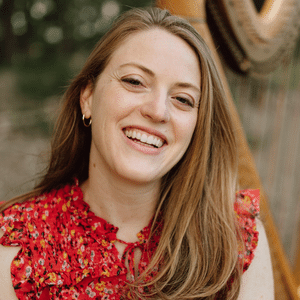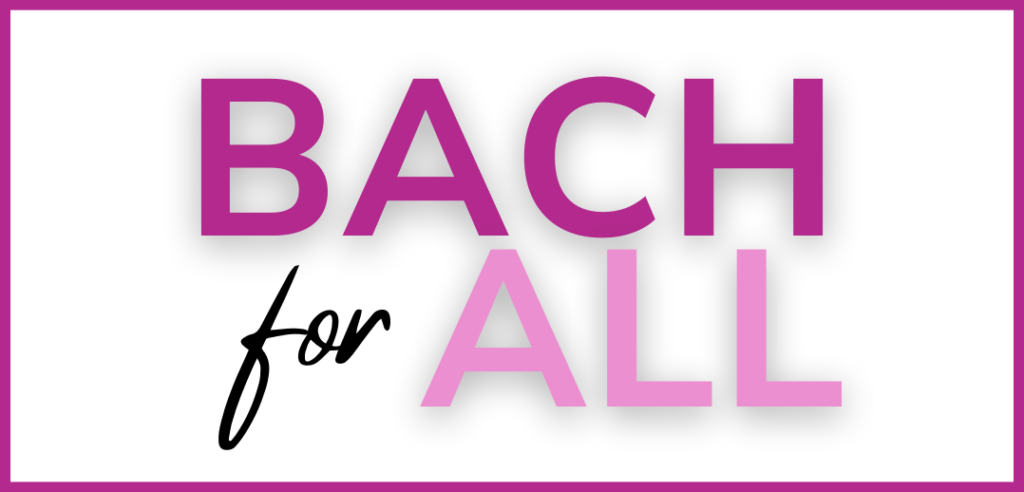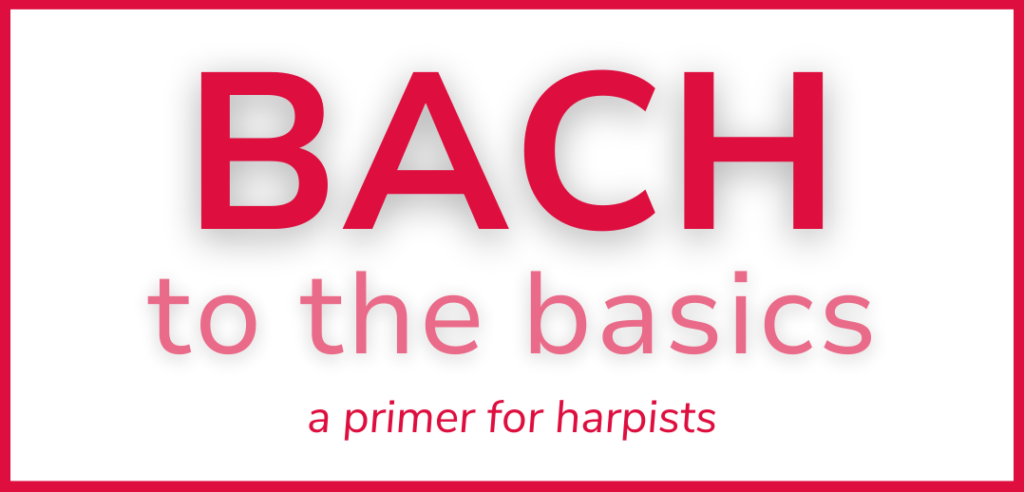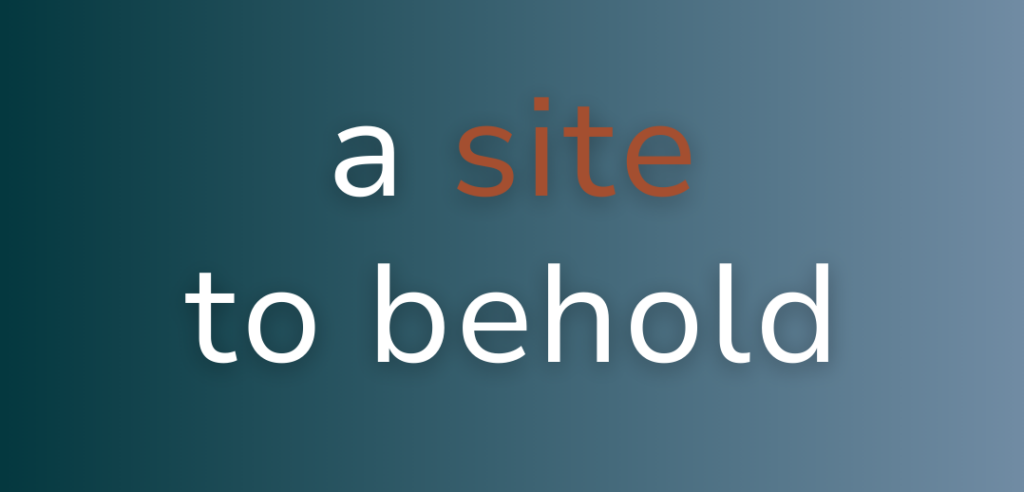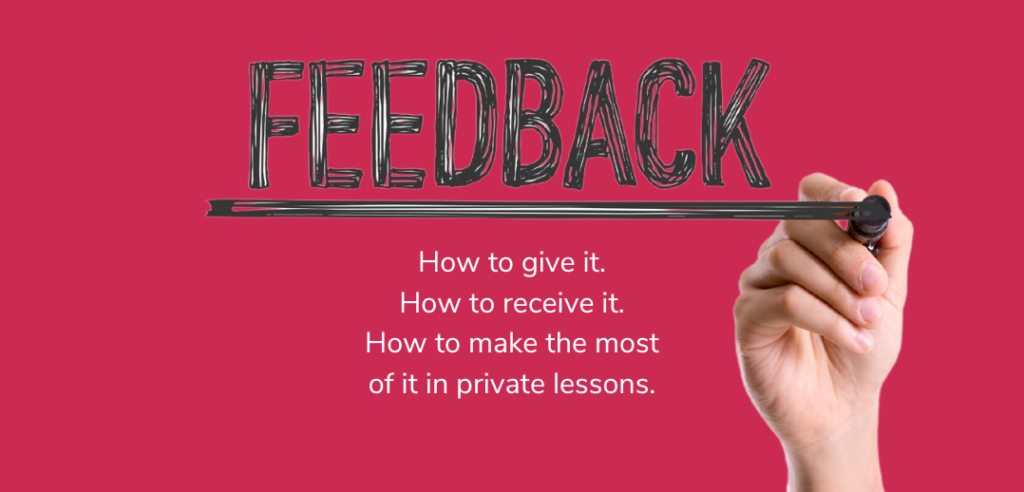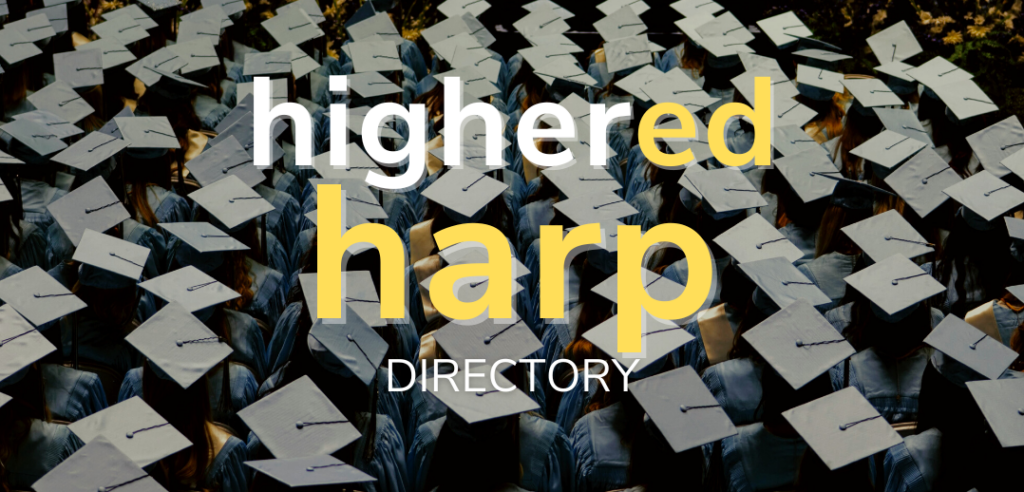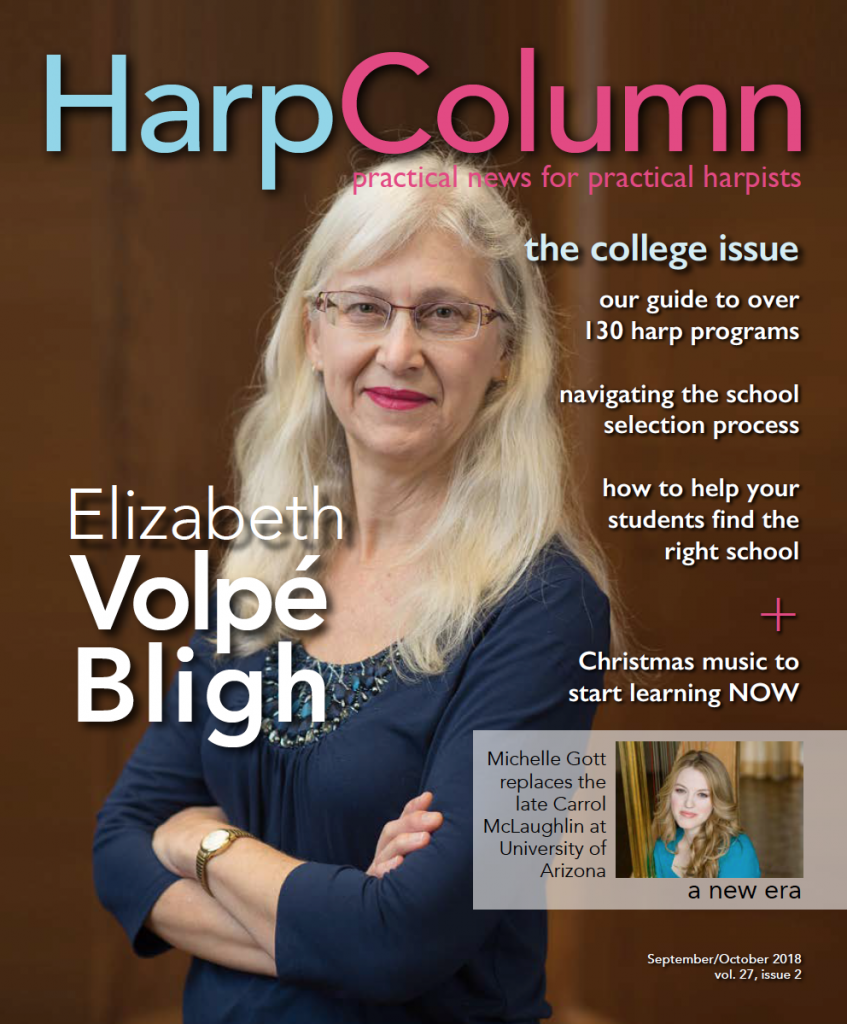Editor’s note: This article is a companion to our semi-annual College Harp Program listing. Download this issue of Harp Column (right) to see the listing in print, or visit our online College Harp Programs Directory for the most current information or to list your own program.
Looking down the road to life after high school can be both an exciting and intimidating experience. For harpists hoping to continue their harp studies in college, the sheer number of factors to consider can leave you wondering where to even begin. From studio size to teaching style to financial aid, finding the right fit can seem like an impossible task.
But there are a wealth of resources available to make the seemingly impossible within your reach. With some planning, research, and expert advice, you’ll be ready to tackle the college selection process.
The good news
While violinists and pianists might feel like only a number during the college audition process, harpists enjoy a more personal audition experience, despite our growing numbers. Opportunities abound to meet and study with college harp teachers, from summer camps to conferences, competitions to masterclasses. As you open yourself up to these possibilities, you’ll have the opportunity to make meaningful personal connections, both with teachers and fellow students. Those relationships can help you tailor your college audition search and audition experience, hopefully leading to your ideal college match.
Explore and research
The exploration phase of your search is the time to research everything. As you look over the landscape of options, it’s important to understand the different types of schools that are available.
Undergraduate liberal arts school: In this type of program, either at a small college or under the umbrella of a large university, you will major in a specific area while receiving exposure to a wide variety of other subjects. Your academic work load is equal to your musical studies, with the goal of attaining a well-rounded education. You will be expected to balance your academic course load with your practice needs, which may feel challenging for a student who would rather focus more on playing.
Music conservatory: Tailored specifically for performers, a conservatory program will allow you to prioritize your musical studies with a lighter academic load. Juilliard harp instructor Nancy Allen notes that the distinguishing factor at a conservatory is the amount of practice time you will have without the heavier university course load. Many conservatory programs, like Juilliard, tend to offer an increased spectrum of high-level performance experiences, tours, and interdisciplinary collaborations. The potential pitfall with a conservatory is that you may feel limited if you are accustomed to a wider array of educational and artistic pursuits.
Joint programs: There are a select number of highly-challenging exchange programs between universities and conservatories that provide an academic education plus conservatory training, such as Juilliard with Columbia University and Harvard with the New England Conservatory. The University of Ottawa (Canada) also offers a unique five-year, double-degree program in which you receive a bachelor of music plus an honors bachelor of science. Keep in mind, however, that joint programs require very strong academic and performance skills, impeccable time management, and a high level of endurance.
Equal to your consideration of program styles is your assessment of and interest in various teachers. You may find a school appealing because of a particular teacher, or your interest in a program itself may lead you to a wonderful teacher. Attending national harp events and music programs is a great way to meet many teachers and gain new perspectives by participating in or watching masterclasses. In these situations, you aren’t necessarily looking for a specific teacher, but rather the teaching style that resonates with you. Some teachers are more involved as mentors than others. Ask yourself if you want a high level of mentorship from your teacher, if you prefer an energetic or a calmer working style, if you need someone who can guide you step-by-step or if you are more self-motivated. While coming to a better understanding of your own needs and learning style, you can also gain an insider’s perspective by speaking with students who are ahead of you in their studies about their school experiences.

During your junior year of high school, University of Michigan professor emeritus Lynne Aspnes suggests putting those plans for a tropical spring break on hold and, instead, making campus visits for trial lessons with teachers so you can deepen your research and make in-person connections early on. Many teachers appreciate you taking the time to develop a relationship with them at least six months to a year before your audition. By playing for a teacher early in the process, you will ideally demonstrate artistic development from the initial lesson to the audition. This preexisting relationship may give you an edge over others who are unknown to the teacher at the time of the audition. Longtime University of Toronto harp teacher Judy Loman points out that trial lessons are generally focused on musical rather than technical suggestions, and gaining perspective on the teacher’s musical ideas is beneficial for your audition preparation and overall growth. During this intense research period prior to auditioning, Allen suggests keeping a notebook to document application deadlines, repertoire and essay requirements, notes from conversations with the school and students, impressions from your campus visits, lesson notes, and any other information that is significant to your experience. Aspnes notes, “I hope that students in high school come to understand that a college relationship between a teacher and a student is a two-way street. That the students bring just as much to the relationship as the teacher does.” Look for someone who will bring out the very best in you.
While the teacher is a major factor to weigh, University of British Columbia harp instructor Elizabeth Volpé Bligh urges students to consider the quality of both the academic program and performance ensembles, the availability of ensemble opportunities, the levels of the conductors and previously programmed repertoire, and chamber music opportunities. I also suggest trying to align your campus visit with a live performance given by a school ensemble or another harp student. If it’s not possible to catch a live performance, most schools have video clips of their ensembles and faculty performances on their websites or YouTube. Other factors to consider are the availability of a well-stocked music library, the variety of performance ensembles, access to a recording facility (which can be essential for students interested in competitions, auditions, and artistic projects), access to school harps and practice spaces, the ability to store a personal instrument at the school, and opportunities to play for guest artists. Consider also your comfort level with the parameters of the programs you are looking at: the number of students in the school overall, the size and experiences of the music school, and the number of colleagues in your harp studio. In his book David and Goliath, Underdogs, Misfits and the Art of Battling Giants, author Malcolm Gladwell explores the challenges inherent in choosing a school based on its reputation, rather than on your intuitive sense of learning comfort and perceived success. Do you have a sense of your own learning capabilities and whether or not you would feel invigorated or challenged by being the big fish in a small pond, or overwhelmed by being the little fish in a big pond? Make space for self-reflection and also research the student experience by talking directly with students at each school.
Environmental study
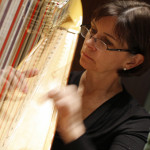
Beyond the school itself, it is essential to consider the actual environment in which you would like to live, because those elements matter more than you would think. Aspnes suggests a series of questions to get a clearer sense of your own interests: Are you seeking the excitement and stimulation of a busy, urban environment, or the calm peacefulness of a small town or rural campus? Are you craving a warm climate because you’ve always lived somewhere cold? On the flip side of the coin, if you are from a warm climate, are you ready to embrace the challenges of living through a winter, and do you know how to prepare for that lifestyle? Do you want to be closer to home, and, if you attend a school far away, can you afford the time and airfare to go home as often as you would like? These elements are going to be integral to your comfort level, especially in the initial transition phase, and therefore, to supporting a positive learning environment. Allen echoed this sentiment. “Not every student will feel comfortable in New York City. Happiness is the basis of great work, so it’s very important to choose the right environment.”
On a personal note, when I first went to Juilliard as an undergraduate, I was completely overwhelmed by the lifestyle differences of New York City versus my home in Las Vegas. Not only was the climate vastly different, the sheer volume of people and noise made me feel trapped, insignificant, and claustrophobic all at once. I had not done enough inner work to know that I prefer having more space with greater freedom combined with access to city amenities. Although I adjusted (over several months and through lots of tears) to and eventually enjoyed the Big Apple lifestyle, I realize now that the difficulties I faced were largely due to a stark change in my environment, coupled with the elite and competitive atmosphere of Juilliard. But, by choosing to go out of my comfort zone I discovered other parts of myself and deepened my ability to adapt, leading to great personal growth. The choice to be open to these differences in culture, climate, politics, pace of life, population, natural surroundings, etc. can greatly affect your education experience.
Audition prep

While you are researching, it’s important to thoroughly prepare for your auditions. Make sure you have a clear practice plan, with monthly goals laid out over the full year preceding auditions. It is also critical to understand and prepare the exact requirements for each school. If a school has more flexible requirements (e.g. three contrasting solo pieces), take the opportunity to highlight your musical strengths and ability to choose a well-designed audition program. Taking advantage of overlapping requirements among the schools you are applying to can reduce your overall repertoire load. It is important not only to practice but to practice performing. In her book Power Performance, the late Dr. Carrol McLaughlin advocates running your audition material at least ten times prior to a significant event. This process, which should take place over several months, will reveal areas that need work—particularly memory, shaping the musical architecture, strengthening technical execution under pressure, and your overall presentation.
You’ll want to feel as relaxed and comfortable as possible for each audition. Research the area where the audition will be held and arrange travel, accommodations, and practice time early on. If possible, it is wise to book accommodations within walking distance or a short drive of the audition venue so you do not have to worry about traveling too far on the audition day. Don’t assume hotels are your only option when traveling for auditions. Renting someone’s apartment or house to stay in could help you feel more at home. Many schools will allow practice time the day before an audition, but it’s important to arrange this in advance. Keep in mind that you will likely be sharing school harps and practice space with currently enrolled harp students, so be polite and respectful of their environment. If you need more practice time than the school can offer, it may be possible to arrange extra time outside the school. Very often, local harpists are willing to help you, and someday, you may return that very favor yourself.
Before your audition day, plan and visualize everything that you need to do your best. Choose your outfit in advance and make sure you feel confident when wearing it. It can be very helpful to make a schedule for yourself that includes your wake-up time, breakfast plans, the time you need for getting ready, travel time to the audition space, as well as some room for unexpected changes. Bring plenty of water and some healthy snacks with you in case it is difficult to find sustenance near the school. During your warm up, take the time to breathe and connect with what you want to communicate musically during the audition. Trust your preparation and your training. You have earned this moment to show who you are on the harp.
Chart the financial pathway
One of the biggest concerns for students and their families is, of course, how to pay for college. Every teacher I interviewed advocated a proactive approach—have early and honest conversations with your family (at least two years beforehand) and plan ahead. “It is not a school’s obligation to make it financially possible for you to attend,” Aspnes says, although of course you will want to take advantage of the resources that each school makes available to you. Long before you know your dream schools though, you can start preparing to be accountable for some portion of your college education costs. Aspnes recommends looking into scholarship resources at the local, regional, and national levels, and diligently applying for the opportunities that fit you best. “Write essays, participate in local competitions. Accumulate resources from multiple sources” she continues. “Be accountable and recognize which financial areas you can tackle independently.” For academic scholarships, SAT scores are very important. With strong grade marks and SAT scores, you have a better chance of securing some funding for your academic work, which can then be added to other resources, such as merit-based scholarships (based on your level of playing at the audition), and any funding you have secured independently. From an academic standpoint, universities are looking primarily at your work in the second semester of your sophomore year, all of your junior year, and the first semester of your senior year. You must first be academically admissible to a school. That does not mean you need to excel in every subject, but simply that you can demonstrate proficiency in each area. All of this preparation comes before filing the Free Application for Federal Student Aid (FAFSA), which is required for need-based scholarship consideration in the United States. It is wise to seek multiple streams of funding, and not to depend on need-based aid.
At conservatories, there are a greater number of need-blind scholarships available, based solely on the artistic level demonstrated in your audition. Students attend a conservatory in order to completely focus on a specific craft, and achieving the highest level possible with their art. A conservatory’s primary concern, therefore, is your level of playing at the time of the audition. Grades and SAT scores are secondary to your ability as a harpist in the conservatory audition process. Some teachers, like Allen, look for a spark of intellectual curiosity and well-rounded interests, but she says the audition itself—separate from a student’s resumé, extracurricular activities, and grades—is absolutely central to her impression of candidates. Allen went on to note that, while conservatories are starting to consider the education of the whole person more, this comes only after an audition that reflects a student’s best playing and musicianship. There is also the possibility of attending a tuition-free school, such as The Curtis Institute in Philadelphia or The Colburn School in Los Angeles, but, because admission is extremely competitive, the audition is critical. Timing may also be a key factor, as there are very limited spots available in these programs. You might play incredibly well, but still be competing for one available spot.
Once you are admitted, many schools offer work-study options, as well as teaching assistantships and fellowships, to help cover your costs and reduce your need for loans. At Juilliard, for example, I supplemented my financial resources immensely by doing work-study at the registrar’s office, teaching on Saturday mornings for a literacy program called C.L.I.M.B. (Combining Literacy Instruction with Musical Beginnings), working as a teaching assistant for the theory department, and by participating in both the Morse Teaching Artist Fellowship and the Concert Fellowship. I also connected with the school’s event office and received a significant amount of gig work (weddings and events throughout New York City), all of which supported my living and education expenses. You can bring college costs within reach when you think creatively and are willing to work hard.
For Americans interested in studying abroad, funding may be possible through the Fulbright Foundation, which supports approximately 1,900 annual grants spanning all fields of study. Aspnes and Loman both point out that international students coming to the United States are not eligible for American, need-based financial aid and thus must seek other forms of sponsorship. Canadians are eligible for study-abroad scholarships and bursaries through the Canadian government and through private organizations such as the Sylva Gelber Music Foundation. Additionally, ScholarshipsCanada.com is a database of more than 17,000 scholarships and prizes available for Canadian students, and you may also look for local, provincial, and private resources as well. If four years abroad is too expensive, Aspnes suggests a compromise approach of completing general requirements at a school within your country of origin and then transferring to complete the degree in the U.S. Following this approach, you will spend less money, eventually study with the teacher you want, and get a degree from your desired school. There is also the possibility of later attending an American graduate school, at which level you may have access to significant teaching assistantships.
Do the inner work
As you embark on this incredible search, it’s important to connect honestly with yourself. At any stage of life, it’s easy to get distracted by what others think, but ultimately, the most authentic decisions come from within you. Allow yourself the time to explore not only your options and all their facts and figures, but also your inner feelings about these possibilities. While the words of others can certainly be encouraging, you are the one who will be living the next chapter, so allow yourself the space to listen from within. If you don’t know the right answer immediately, that’s okay. With diligent preparation and practice, thorough exploration of your options, and listening to yourself, trust that the best decision will come. The fit must be right, both for the student and for the educational institution, and, ultimately, the school should help you find the place where you will be successful. Perhaps most importantly, remember that your ultimate success is not guaranteed by admission to or rejection from a particular school. You are not a failure if you receive a rejection letter, nor are you automatically successful if admitted to your top school. It’s the work that comes after move-in day that truly matters. •







